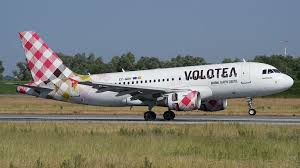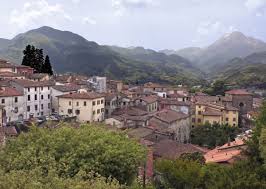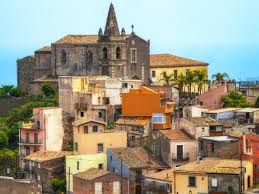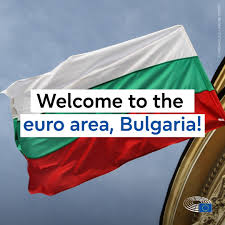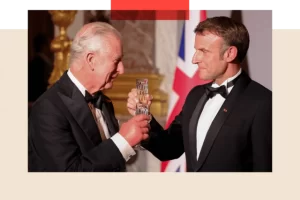Europe will adapt or die

The time demands that the European Union acts. The problems are evident, from the two wars on its borders and the climate crisis, to the demographic collapse of member-states and the tremors in the international system of political and economic governance. The tension between the United States and China demands careful handling by the Europeans, so that they can contribute to stability without being sucked into dangerous developments. The situation is complicated further by the rise of extremist political forces in Europe, which, if they come out stronger in the European Parliament elections in a few weeks, might be able to obstruct a daring new course by the Union.
But things may not be as bad as they seem. However much the extremists may increase their influence, the center of the European Parliament will remain strong. That is where the new leaders of the EU institutions will come from. In addition, we can begin to discern a course for the EU’s development, and the desire for cooperation that will enable this.
Last Thursday, President Emmanuel Macron presented his analysis of the present and his proposals for Europe’s future. “Europe could die,” he warned, if it does not take decisive steps to deal with its challenges. Among these are American and Chinese protectionism, and the dangers presented by autocratic regimes. The EU has to invest in technology and innovation, to strengthen its defense, all through the deeper and broader cooperation of member-states, he said. Macron’s speech at the Sorbonne was the follow-up to the one he presented at the same location in 2017, shortly after his election. Then, as now, he called for a “sovereign Europe” that would not be dependent on the United States. Despite the difficult years since then, the EU handled the pandemic and other challenges successfully and, with the United States, supported Ukraine against Russia. Furthermore, it weaned itself off dependence on Russian gas. Macron stressed that the time had passed when Europe could depend on Russia for cheap energy, on China for trade and on the United States for its security.
Perhaps the most important part of Macron’s speech, however, was its reception by the German chancellor. “France and Germany want Europe to be strong,” Olaf Scholz said in a post. “Your speech contains good ideas on how we can achieve this.” Recently it was clear that the Germans had strong reservations on Macron’s outspokenness on a number of issues, including his declaration that Russia needed to be defeated and that the use of NATO forces in Ukraine should not be ruled out. Indicative of the improvement in relations is the resumption of the French-German program for the joint development and construction of a new battle tank.
The report that former Italian prime minister Enrico Letta presented to the European Council a week earlier is in a similar vein. Among many valuable insights and proposals, Letta calls for the single market to be broadened to include financial services, energy and electronic communications. “The markets in question must evolve towards a European dimension, surpassing the national confines that currently hinder any substantial competition with American, Chinese or Indian conglomerates,” he pointed out. Letta’s compatriot (also a former prime minister) Mario Draghi is expected to present his own report on increasing EU competitiveness, after the European Parliament elections.
The European Union will have to spring into action immediately after the coming elections, after the appointment of new leaders of the institutions. There are proposals on the table. And the discussion has begun.

